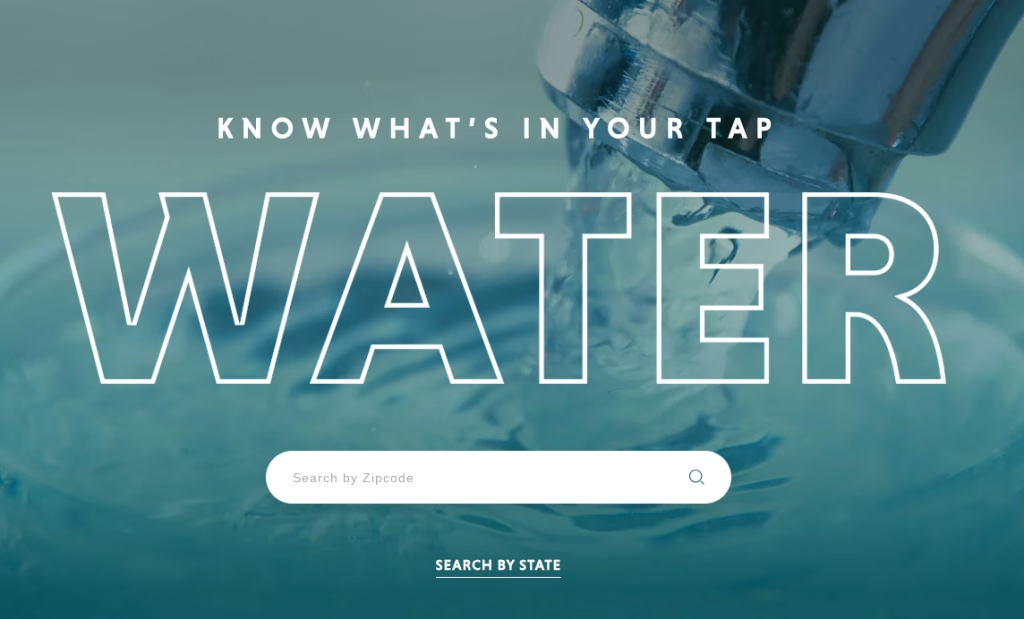
Contaminants of Concern in Oconomowoc’s Water
Oconomowoc City Water – EWG Contaminants Overview
According to the Environmental Working Group (EWG), Oconomowoc Waterworks (PWS ID WI2680227) reported:
🔬 23 total contaminants detected
🚩 10 contaminants exceed EWG health guidelines
These contaminants include industrial chemicals, disinfection byproducts, and naturally occurring heavy metals.
Top 10 Contaminants Detected Above EWG Guidelines
| Contaminant | Detected Level |
|---|---|
| Arsenic | 1.83 ppb |
| Bromodichloromethane | 2.27 ppb |
| Dibromoacetic acid | 0.432 ppb |
| Nitrate | 1.63 ppm |
| Perfluorohexane sulfonate (PFHxS) | 0.142 ppt |
| Total PFOS + PFOA | 1.45 ppt |
| Total trihalomethanes (TTHMs) | 10.9 ppb |
| Trichloroacetic acid | 1.22 ppb |
| Barium | 129.5 ppb |
| Bromoform | 0.232 ppb |
Expert Advice, Exacting Science.
Get a Free Water Test in Oconomowoc
Wondering what’s in your water? Schedule a free in-home water test and get professional insight into your home’s water quality. Our local team will test your water and recommend the right solution based on your results.
No pressure. Just clear answers and better water.
Call (262) 549-7733 or use our easy online scheduler now!
Why Oconomowoc Homeowners Choose Water Doctors
Local knowledge and experience with Oconomowoc’s specific water chemistry
Tailored solutions that fit a range of household needs and budgets
Proven systems backed by expert installation and support
